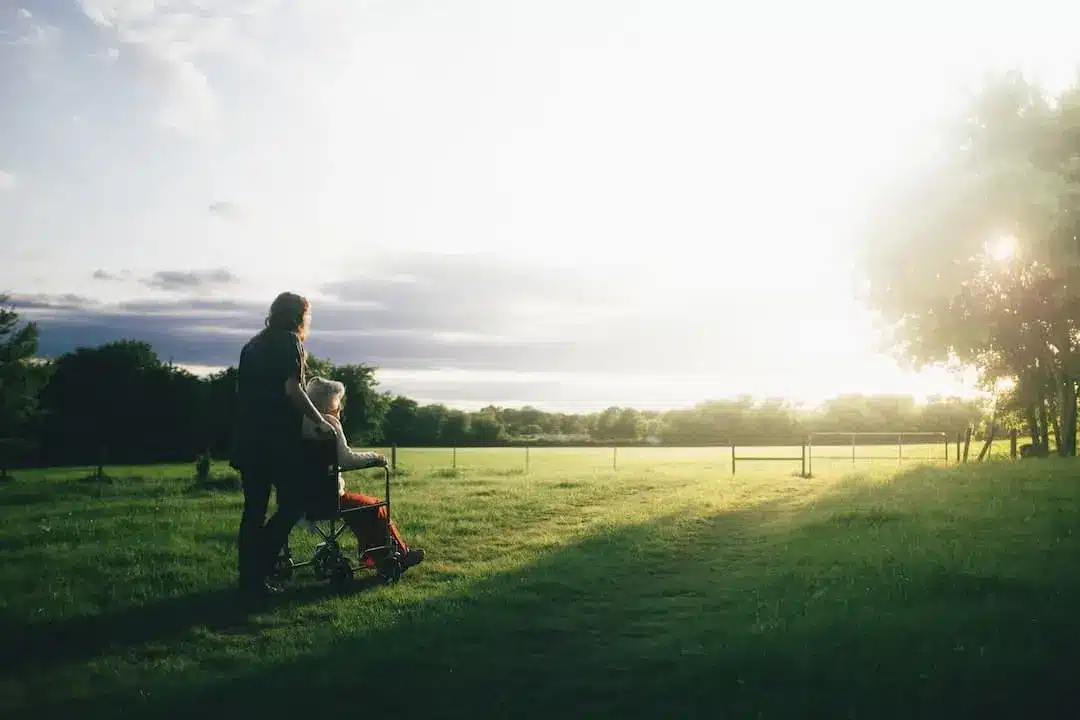Whole-person care is a holistic approach to substance abuse treatment that looks at the individual and their environment as a whole. It targets not only the physical health of people but also their mental, emotional and spiritual well-being.
In recent years, there has been much interest in the concept of whole-person care. In this article, we’ll look at six dimensions of whole-person care which can help us think about how to support all aspects of health in substance abuse and mental health treatment.
#1 Physical Wellness
Physical wellness is about eating right, exercising, and taking care of your body. It’s about living a healthy lifestyle and working towards keeping your body healthy.
In the context of whole-person care, physical wellness involves four main areas:
- Diet/nutrition
- Sleep hygiene
- Exercise
- Weight management
Each of these factors has a significant influence on overall health. Each can contribute to or detract from other aspects of your well-being if left unchecked.
#2 Emotional Wellness
Emotional wellness is a state of well-being that helps us manage stress, relate to others, and make healthy choices. It’s essential to whole-person care because our emotional health also affects our physical health. People who are emotionally well are more likely to be physically healthy.
Emotional wellness is different from emotional health. While it’s essential for your emotions to be balanced and stable over time, emotional wellness does not require perfect mental health at all times.
For example, you may feel sad after experiencing a bad breakup. However, if you bounce back after getting rest and talking with friends about what happened, this would indicate good emotional wellness in action.
#3 Intellectual Wellness
Intellectual wellness is the understanding that intellectual growth and development are necessary to live a full life. Learning is integral to many people’s lives. However, it can also be difficult or intimidating in certain situations. If you’re feeling stuck in maintaining intellectual wellness, you may try the following:
- Explore new things and read about them: Whether it’s a local museum or a book from your school library, exploring new places and reading about them will help keep your brain active
- Try something new: Challenge yourself to do things that may seem difficult at first but will pay off in the long run
- Find someone who knows more than you do: Ask questions when possible so others can share their knowledge with you
- Take notes on what you learn: This will reinforce what you have learned and make sure everything stays fresh in your mind, as well as provide an easy way for later review if necessary
#4 Spiritual Wellness
Spiritual wellness is the dimension of whole-person care that focuses on a person’s relationship with their Higher Power, whether that is God, Allah, the universe, or something else. It is about feeling connected to something larger than yourself.
When you have spiritual wellness:
- You feel like you have purpose and meaning in life
- You feel like there is someone out there who is looking out for your best interests
- You feel like you are part of a larger community
#5 Social Wellness
The fifth dimension of whole-person care is social wellness, which focuses on our ability to connect with one another. This dimension is all about feeling a sense of belonging and having meaningful relationships with people we know well and those we don’t.
Social wellness can be impacted by the availability of public spaces, where there may not be enough places for people to spend time in the community together. It can also be shaped by the physical environment in which we live or work. No parks or common areas where people can gather and chat comfortably without feeling isolated or unsafe will affect social well-being and health.
However, we can work towards finding communities that support our social wellness by doing the following:
- Finding online recovery spaces
- Participating in peer-support groups
- Signing up for group exercise activities in the area
- Volunteering
#6 Environmental Wellness
The sixth dimension of whole-person care is environmental wellness. Our environment can significantly impact our health and can be changed to make it healthier or less healthy. For example, you can remove toxic chemicals from your home or increase air pollution by driving across town every day to get to work.
Environmental wellness focuses on two factors:
- Microenvironment: The space where we live
- Macroenvironment: The space outside of our homes
Emotional wellness is determined by how these factors affect us physically and mentally. It also considers:
- How connected all parts of our environment are
- How they influence each other and ourselves
- How they interact with social determinants like race, ethnicity, and class that may impact our health outcomes differently than others
Managing Your Overall Wellness
Take some time to identify where you need some improvement in each category. Maybe you’re not getting enough sleep, or maybe you need to adjust how you manage your emotions.
Once we have identified where there may be room for improvement, we can develop strategies for making those changes happen more easily. As a result, they become part of who we are rather than something imposed upon us by others’ expectations or desires.
Learning about the six dimensions of whole-person care can help you assess where you are thriving and where you can improve in your recovery. Evaluating and monitoring each area of wellness can help you improve your life.
However, wellness starts with taking responsibility for your actions and how they affect your life. If you or someone you know is struggling with any part of the six dimensions of whole-person care, Villa Oasis San Diego can help you create a plan to aid your recovery.
Our combination of evidence-based and holistic therapies can help you find the tools you need to achieve wellness. Call Villa Oasis San Diego at (619) 373-9792 to learn more.




